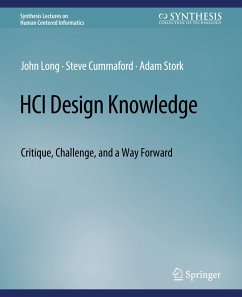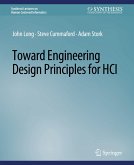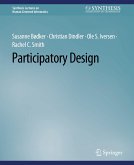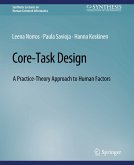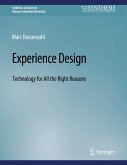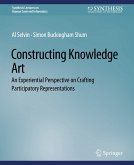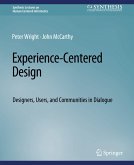This is the first of two books concerned with engineering design principles for Human-Computer Interaction-Engineering Design Principles (HCI-EDPs). The book presents the background for the companion volume. The background is divided into three parts and comprises-"HCI for EDPs," "HCI Design Knowledge for EDPs," and "HCI-EDPs-A Way Forward for HCI Design Knowledge." The companion volume reports in full the acquisition of initial HCI-EDPs in the domains of domestic energy planning and control and business-to-consumer electronic commerce (Long, Cummaford, and Stork, 2022, in press). The background includes the disciplinary basis for HCI-EDPs, a critique of, and the challenge for, HCI design knowledge in general. The latter is categorised into three types for the purposes in hand. These are craft artefacts and design practice experience, models and methods, and principles, rules, and heuristics. HCI-EDPs attempt to meet the challenge for HCI design knowledge by increasing the reliabilityof its fitness-for-purpose to support HCI design practice. The book proposes "instance-first/class-first" approaches to the acquisition of HCI-EDPs. The approaches are instantiated in two case studies, summarised here and reported in full in the companion volume. The book is for undergraduate students trying to understand the different kinds of HCI design knowledge, their varied and associated claims, and their potential for application to design practice now and in the future. The book also provides grounding for young researchers seeking to develop further HCI-EDPs in their own work.
Bitte wählen Sie Ihr Anliegen aus.
Rechnungen
Retourenschein anfordern
Bestellstatus
Storno

